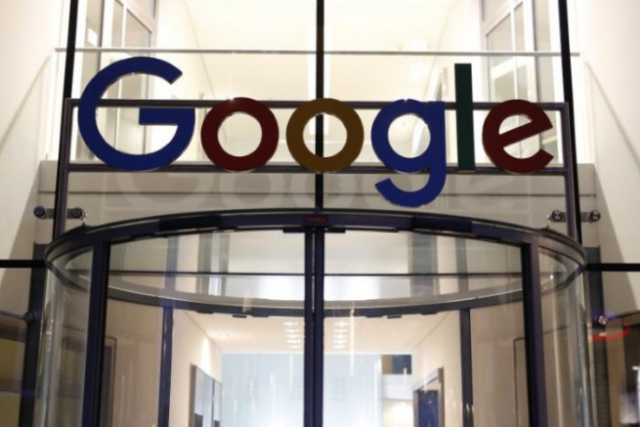
BRUSSELS, BELGIUM | EU antitrust regulators aim to slap a hefty fine on Alphabet unit Google over its shopping service before the summer break in August, two people familiar with the matter said, setting the stage for two other cases involving the U.S. company.
The European Commission’s decision will come after a seven-year investigation into the world’s most popular internet search engine triggered by scores of complaints from both U.S. and European rivals.
The EU competition authority accused Google in April 2015 of distorting internet search results to favor its shopping service, harming both rivals and consumers.
The Commission and Google declined to comment. The U.S. company has in the past rejected the charges, saying that regulators ignored competition from online retailers Amazon and eBay Inc.
Fines for companies found guilty of breaching EU antitrust rules can reach 10 percent of their global turnover, which in Google’s case could be about $9 billion of its 2016 turnover.
Apart from the fine, the Commission will tell Google to stop its alleged anti-competitive practices but it is not clear what measures it will order the company to adopt to ensure that rivals get equal treatment in internet shopping results.
The regulator could set out general principles or specific instructions for Google to follow, said an observer.
The Commission’s tough line is in sharp contrast with the U.S. Federal Trade Commission which settled its own web search case with the company in 2013 by requiring Google to stop “scraping” reviews and other data from rival websites for its own products.
Google made three unsuccessful attempts to settle the case with the previous European Competition Commissioner Joaquin Almunia in a bid to stave off a possible fine and a finding of wrongdoing.
May’s lead falls to 3 percentage points, YouGov poll shows a week before election
Almunia’s successor Margrethe Vestager, however, has shown no willingness to settle with Google.
The company has also been charged with using its Android mobile operating system to squeeze out rivals and with blocking competitors in online search advertising related to its “AdSense for Search” platform.
The platform allows Google to act as an intermediary for websites such as online retailers, telecoms operators or newspapers. The Commission has warned of massive fines in both cases.









